Program
As an international social worker, you need to understand how every local context is connected to the global and vice versa. In this exchange program you will explore and analyze one chain of this globalized world with the “Follow the Chain” research project.

The program in a nutshell
The courses in this exchange program contribute to a solid base in your social work education. You learn about all aspects of the profession. Theoretical insights are illustrated with concrete examples, your creativity and ability to think outside the box is challenged and you will become more experienced in using motivational techniques in conversations. You will reflect on social justice and globalization and learn how to do project-based research on global issues.
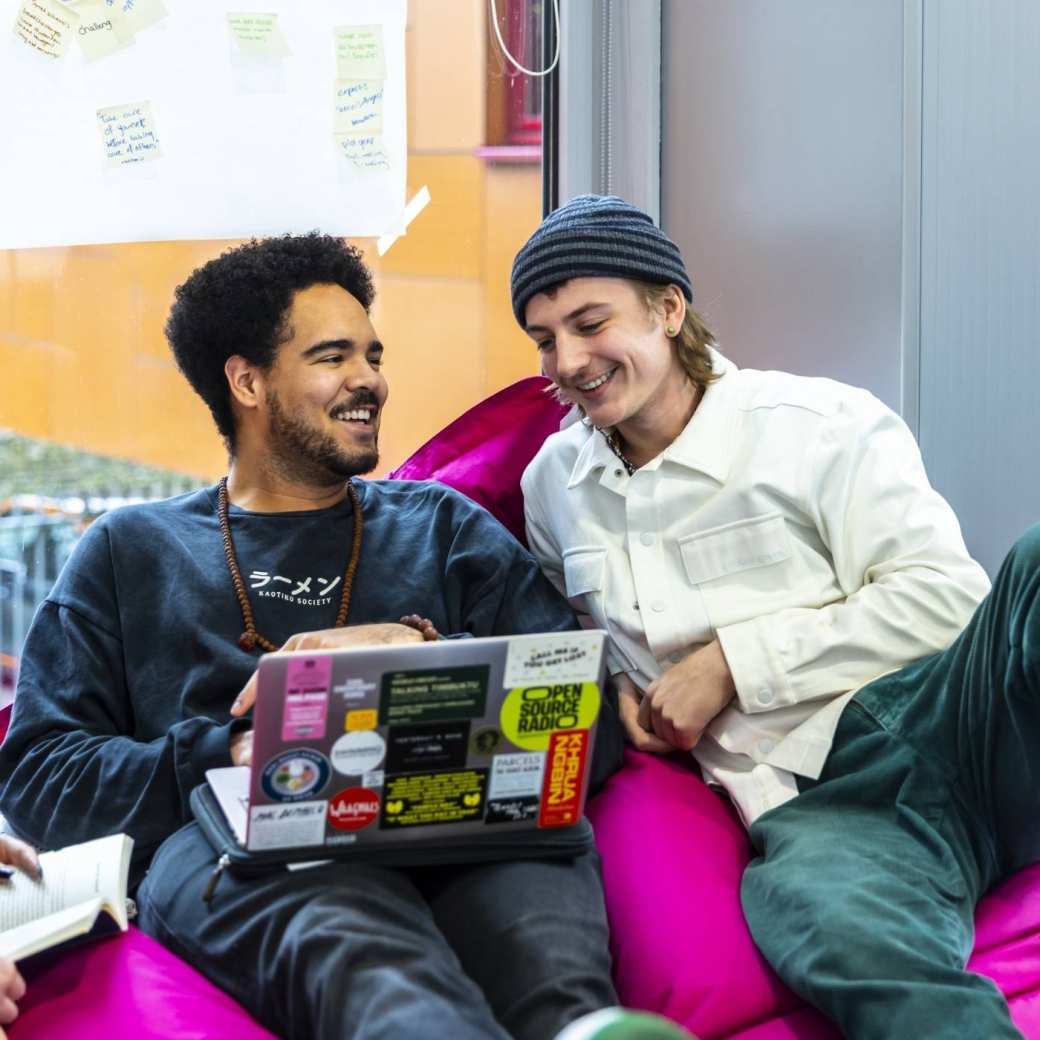
Learning outcomes
What have you learned by the end of the program? You can:
- use creative methods in social work.
- understand how global social issues are interconnected and what role social work can play.
- put your conversation skills into practice.
- reflect and account for your actions.
- work on your skills in group work.
- substantiate your perspective on social work from different theoretical approaches.
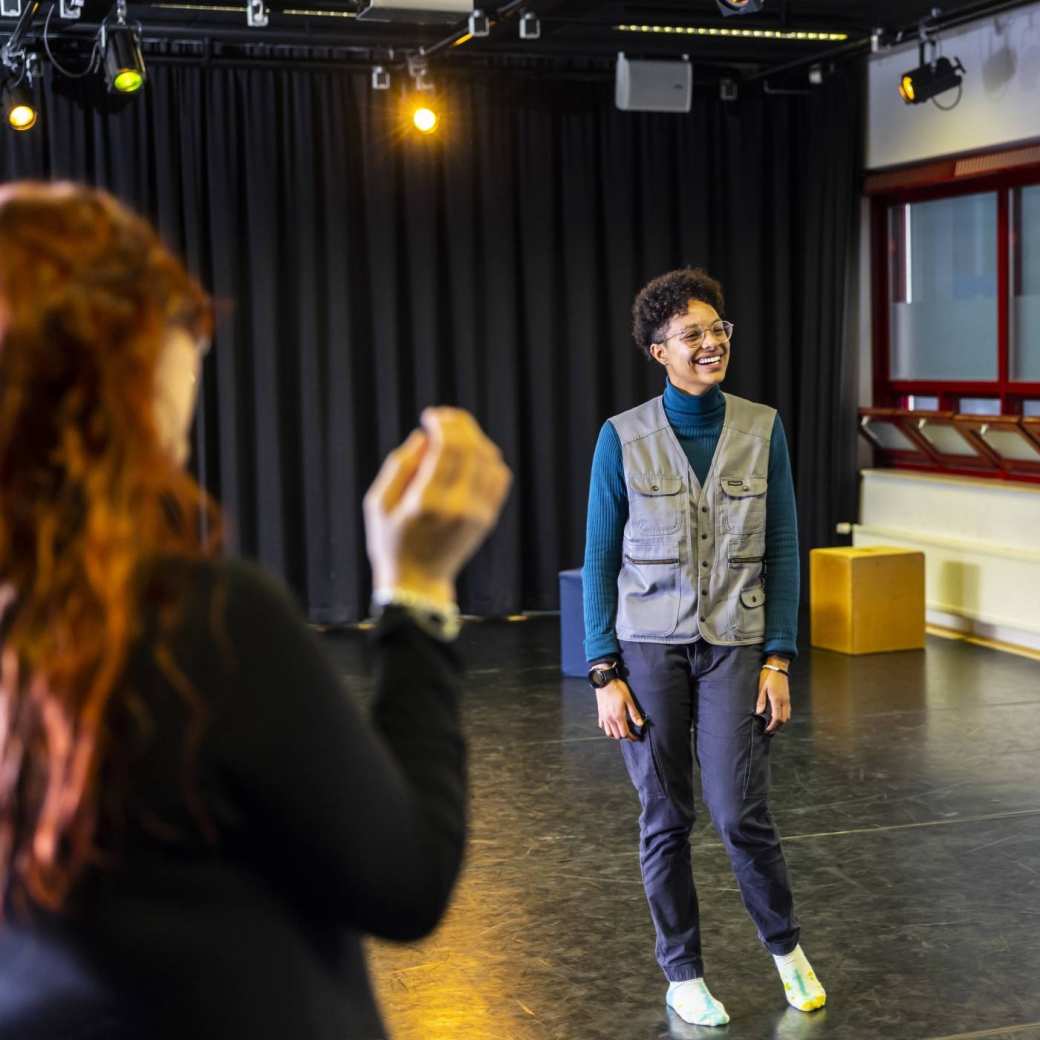
Competences
You strengthen these competences during the program:
- Being actively open, making contact and picking up signals.
- Empowering people and their direct surroundings to actively shape their own and others’ wellbeing, development, and social participation.
- Empowering people and their social networks to actively contribute to an inclusive, just society in which people’s wellbeing, development and social participation is key.
- Working with available means in an effective, efficient, and transparent manner.
- Working in an enterprising, strategic, and policy-based manner.
- Promoting the profession.
- Reflecting and developing one's own professionalism.
- Conducting research and improving the professional field.
- Cooperating from different roles.
- Making critical and ethical considerations.
- Thinking and acting creatively.
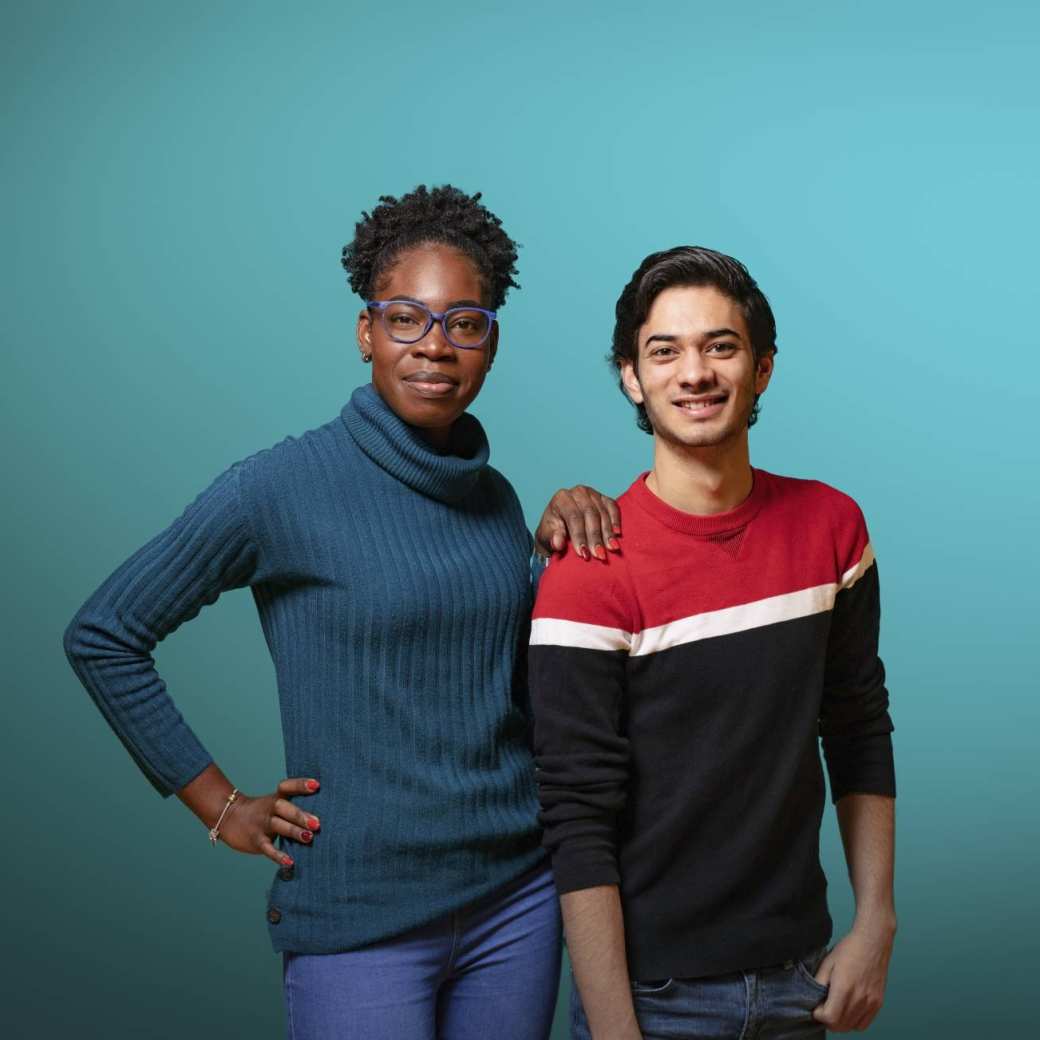
Dutch way of learning
The atmosphere in a Dutch classroom is quite informal and your lecturers are easy to talk to. In fact, at HAN you’re seen as a partner in the learning process. Class sizes are small and your lecturers encourage you to actively participate in class. To ask questions and give your own opinion. They also stimulate you to be creative and to discover things for yourself.
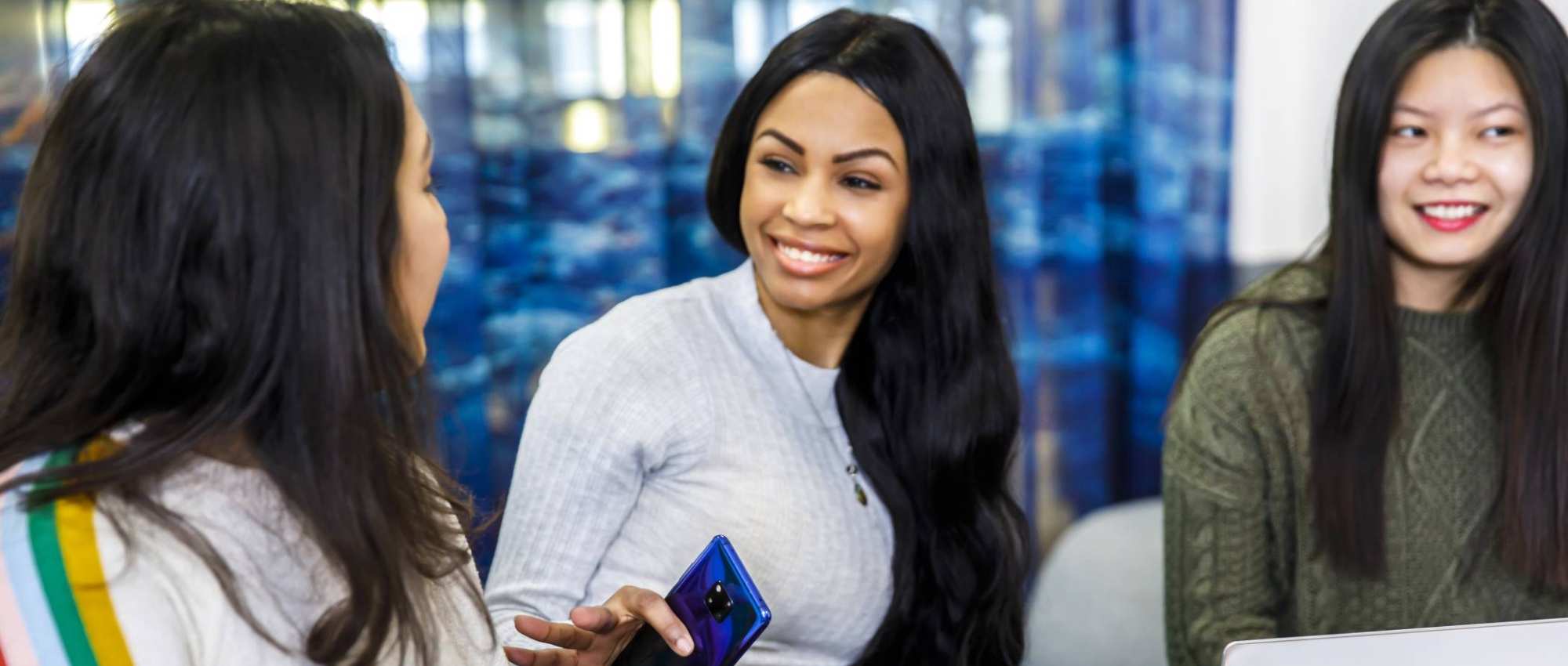
HAN International Intro
Get a good start to your studies during this week of orientation:
- learn about living in the Netherlands
- become familiar with the campus
- get on board with your exchange program
- make new friends!

What about credits and grading?
At HAN we use the European Credit Transfer and Accumulation System, or ECTS. It’s the standard credit system used in higher education across Europe. How does it work? One credit = 28 hours of study. Think of contact hours. Time spent working on assignments. Preparing for exams.
One semester = 30 credits = 840 hours of study. To earn credits, you need to pass your exams. What counts as a pass? A grade of at least 5.5.
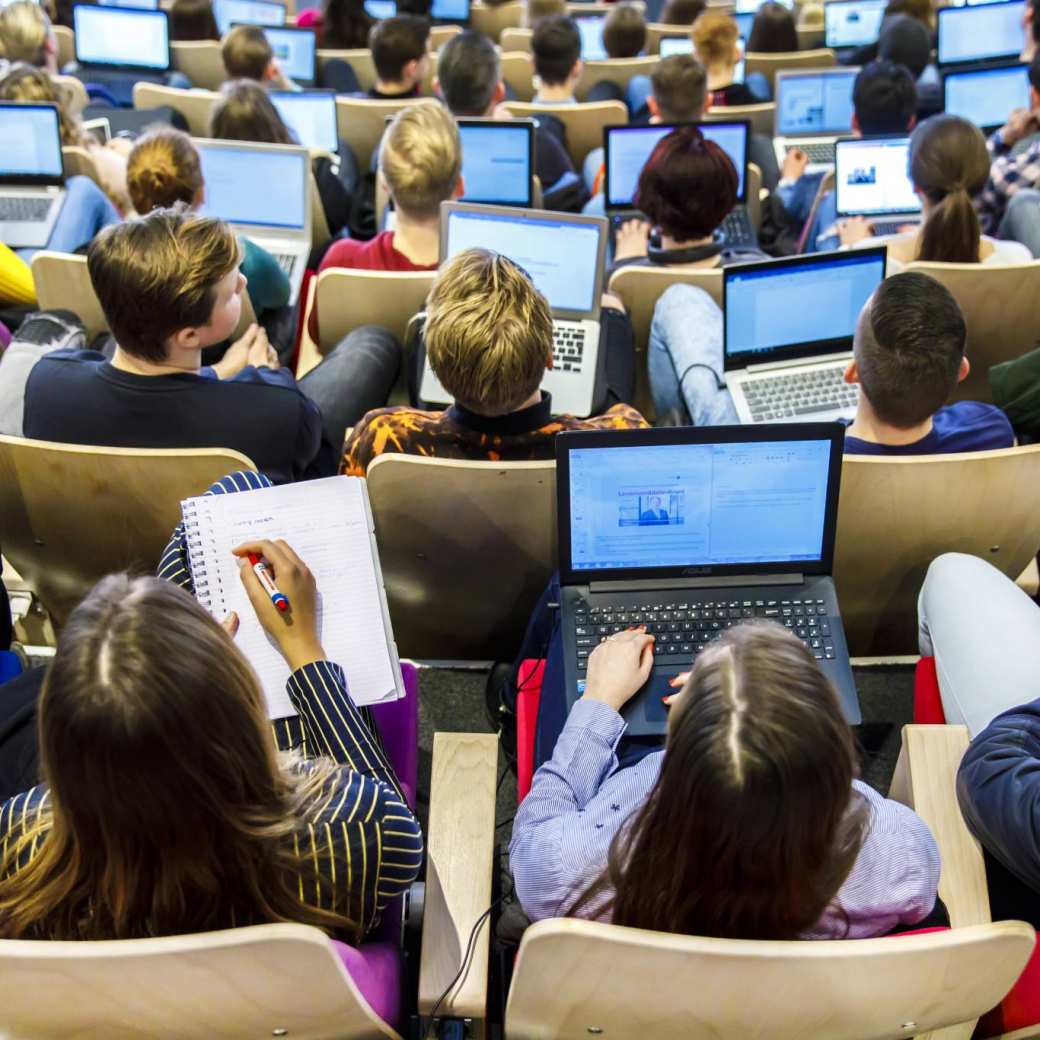
Admission
What are the admission requirements? And how do I apply?
